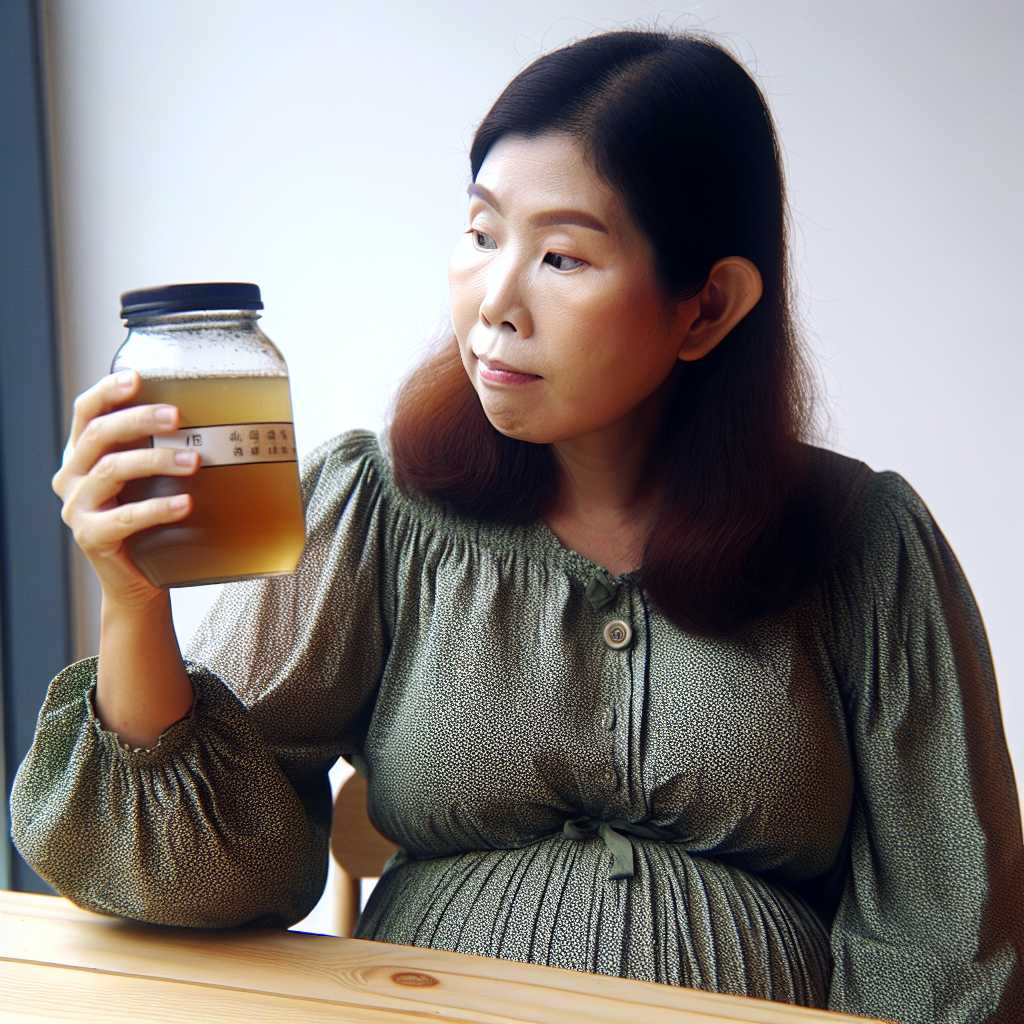Is It Safe to Drink Kombucha While Pregnant?

Is It Safe to Drink Kombucha While Pregnant?
Pregnancy is a time of great joy, excitement, and anticipation for many women. It is also a time of increased caution and care as expectant mothers strive to do everything in their power to ensure the health and well-being of their unborn child. With this in mind, many women are cautious about what they consume during pregnancy, including foods and beverages that may have potential health risks. One such beverage that has gained popularity in recent years is kombucha, a fermented tea known for its purported health benefits. However, there is some debate about whether it is safe to drink kombucha while pregnant. In this article, we will explore the potential benefits and risks of drinking kombucha during pregnancy and provide guidance for expectant mothers who are considering adding it to their diet.
Kombucha is a beverage made by fermenting sweetened tea with a symbiotic culture of bacteria and yeast (SCOBY). The fermentation process produces a slightly effervescent, tangy beverage that is often touted for its probiotic properties and potential health benefits. Proponents of kombucha claim that it can aid in digestion, boost the immune system, and improve overall gut health. It is also believed to be rich in antioxidants and beneficial enzymes, making it an attractive option for those looking to support their health naturally.
However, despite its popularity and perceived health benefits, there are concerns about the safety of consuming kombucha, particularly for pregnant women. One of the main concerns is the presence of alcohol in kombucha, which can result from the fermentation process. While commercially available kombucha is required to contain less than 0.5% alcohol to be considered non-alcoholic, there have been reports of homemade kombucha containing higher levels of alcohol, which could pose a risk to pregnant women and their unborn babies.
In addition to the potential alcohol content, there is also the risk of contamination with harmful bacteria and mold during the fermentation process. Improperly brewed or stored kombucha has the potential to harbor pathogens that can cause illness, particularly in individuals with weakened immune systems, such as pregnant women. The presence of harmful bacteria, such as E. coli and salmonella, can lead to foodborne illness and pose a risk to the health of the mother and the developing fetus.
Given these potential risks, many healthcare professionals advise caution when it comes to consuming kombucha during pregnancy. Some recommend that expectant mothers avoid kombucha altogether, while others suggest that it may be safe to consume in moderation, particularly if it is commercially produced and labeled as non-alcoholic. As with any dietary decision during pregnancy, it is important for women to consult with their healthcare provider to determine what is best for their individual circumstances.
While the potential risks of drinking kombucha during pregnancy are cause for concern, it is important to note that there is limited scientific research on the topic. The available evidence is primarily based on case reports and anecdotal information, making it difficult to draw definitive conclusions about the safety of kombucha for pregnant women. This lack of evidence highlights the need for further research to better understand the potential risks and benefits of consuming kombucha during pregnancy.
In the absence of conclusive scientific evidence, expectant mothers may be left feeling uncertain about whether it is safe to drink kombucha while pregnant. As with any dietary decision during pregnancy, it is crucial for women to weigh the potential risks and benefits and make an informed choice in consultation with their healthcare provider. If a woman chooses to consume kombucha during pregnancy, it is important to do so in moderation and to opt for commercially produced, non-alcoholic varieties to minimize potential risks.
In conclusion, the safety of drinking kombucha during pregnancy is a topic of ongoing debate and concern. While many women are drawn to kombucha for its purported health benefits, there are potential risks to consider, particularly in relation to alcohol content and the potential for contamination. Expectant mothers are advised to exercise caution and consult with their healthcare provider before adding kombucha to their diet during pregnancy. As with any decision related to pregnancy, the health and well-being of the mother and the unborn child should be the top priority, and it is essential to make informed choices based on the best available evidence and guidance from healthcare professionals.
[elementor-template id=”430″]
[elementor-template id=”433″]




0 Comments